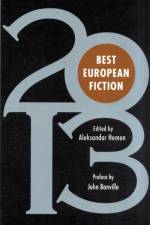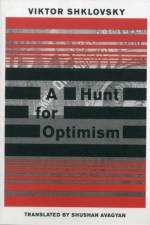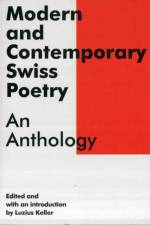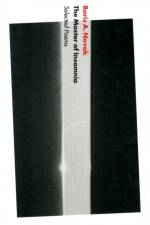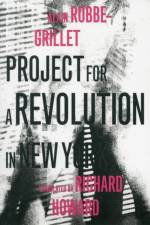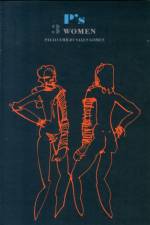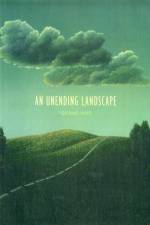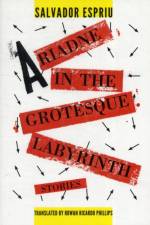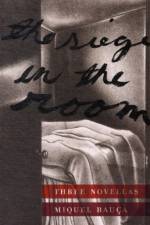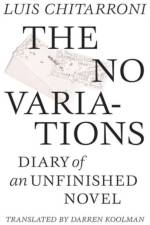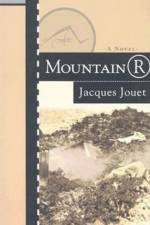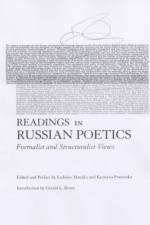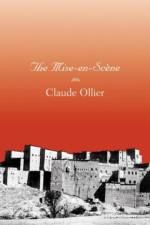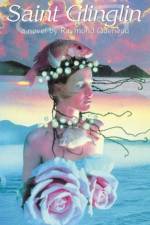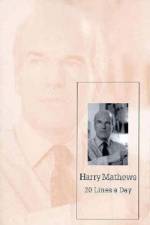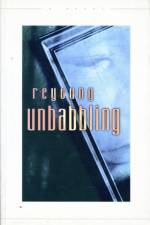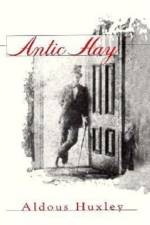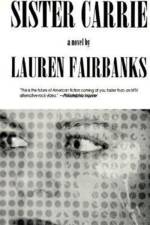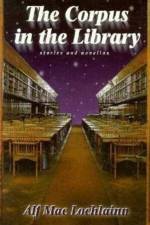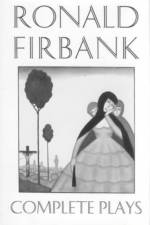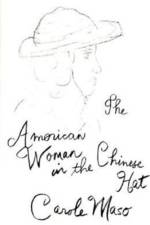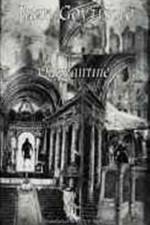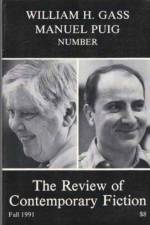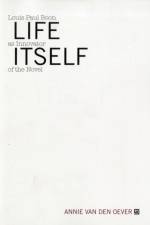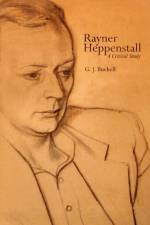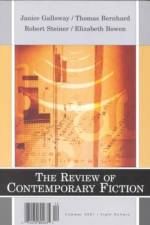av Carole Maso
239,-
Carole Maso's stunning, erotic fourth novel chronicles the dark, irresistible adventures of an American writer named Catherine who has come to France to live. Set into motion by a single act of abandonment-Catherine's lover of ten years has left her-she falls deeper and deeper into an irretrievable madness. With passionate abandon and detachment Catherine pursues her own destruction. Forcing the boundaries of identity and the limits of her eroticism, she enters a series of blinding sexual encounters with a poet, a fascist, a young Arlesian woman, a fireman, and three thieves. Eerily she splits herself in two so that she is both the one who watches and the one who is watched, creator and creation, author and character, as she observes herself from afar "And I would like to help her", the one who watches says, "but I can't". Finally she meets Lucien, the solitary, cynical, beautiful man with long hair who looks as though he has "stepped out of an unmade film by the dead Truffaut", and through this mysterious, doomed, bittersweet liaison Catherine makes one last attempt to halt her decline through the redemptive act of story-telling. She begins to invent the story of their lives, telling it to him half in English, half in French, joining their solitudes for a moment before losing forever her belief that the shapely, hopeful prospects of narrative make sense of expenence. "She notices how everything is given up or taken away" as she loses the power of the imagination or memory or the body to console, and finally of language to convey meaning. This mesmerizing drama of sex, betrayal, and dissolution with its shattering inevitable conclusion is played out against the dazzling backdrop of thebeautiful, indifferent Cote d'Azur in summer. Written in a dwindling lexicon with a simple, warped musicality, The American Woman in the Chinese Hat is a dark, uncompromising, seductive work of art.

